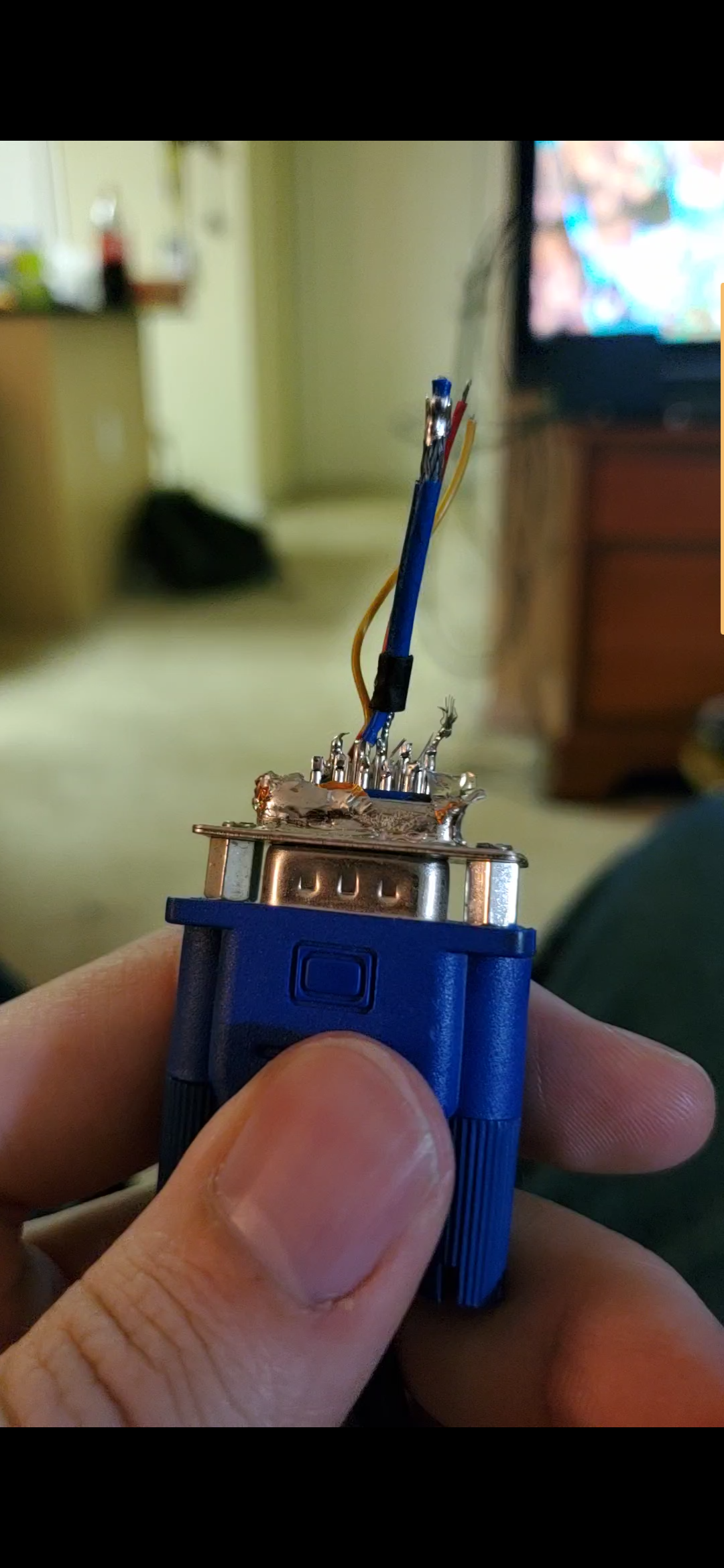

I work in tech support. I haven’t done this, but a user I’ve worked with absolutely has. I have a photo around here somewhere, if I recall correctly he actually ripped the wires out of the cable lmao!
Edit: the picture. Guess it wasn’t wires out of the cable hah. 


Like pulling a tooth.